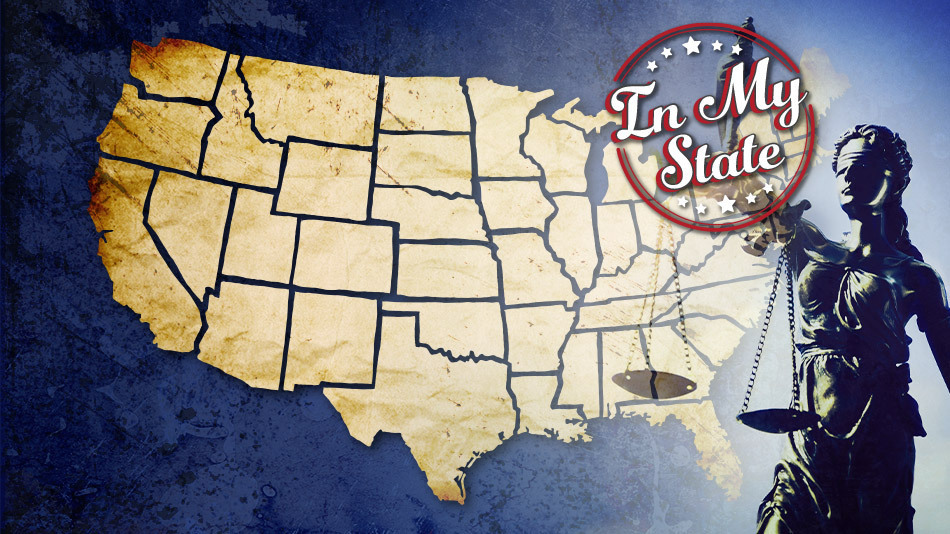
On more than one occasion, I have been asked about a person’s right to defend themself or others with a firearm without possessing a valid Firearm Owners Identification (“FOID”) card. For example, a common question is:
“My wife and son know where I keep my handgun, and they know how to use it, but neither of them has a FOID card. If they are home without me and there is an intruder, can they defend themselves with my gun and not get in legal trouble?”
To answer the question, we need to review the law of self-defense in Illinois:
“A person is justified in the use of force against another when and to the extent that he reasonably believes that such conduct is necessary to defend himself or another against such other’s imminent use of unlawful force. However, he is justified in the use of force which is intended or likely to cause death or great bodily harm only if he reasonably believes that such force is necessary to prevent imminent death or great bodily harm to himself or another, or the commission of a forcible felony.” 720 ILCS 5/7-1.
The next and equally important law governs the use of force in defense of a dwelling, which we need to understand so the question can be answered:
“A person is justified in the use of force against another when and to the extent that he reasonably believes that such conduct is necessary to prevent or terminate such other’s unlawful entry into or attack upon a dwelling. However, he is justified in the use of force which is intended to cause death or great bodily harm only if:
(1) The entry is made or attempted in a violent, riotous, or tumultuous manner, and he reasonably believes that such force is necessary to prevent an assault upon, or offer of personal violence to, him or another then in the dwelling, or
(2) He reasonably believes that such force is necessary to prevent the commission of a felony in the dwelling.” 720 ILCS 5/7-2.
Finally, we should all know that to legally possess firearms or ammunition in Illinois, the resident must have a valid FOID card. Possession of a firearm without a FOID card is a criminal violation. 430 ILCS 65/2.
So now let’s try answering the question. Assuming that all the elements are present to justify the use of deadly force as discussed above, a defender who uses a legally owned firearm would still technically be violating the law by not possessing a valid FOID card. However, we need to go further and discuss the reality of the situation. Does the person faced with great bodily harm or possible death to himself or another need to forgo the ability to defend themself or another in fear of violating Illinois law regarding legally possessing a firearm? No, likely not, especially in light of Illinois’s “necessity defense” statute. The necessity defense recognizes that, “Conduct which would otherwise be an offense is justifiable by reason of necessity if the accused was without blame in occasioning or developing the situation and reasonably believed that [such] conduct was necessary to avoid a public or private injury greater than the injury which might reasonably result from his own conduct.” 720 ILCS 5/7-13.
No person should knowingly violate the law by possessing a gun without a FOID card, but in certain situations, especially when a life is being threatened, there may be no other choice. If this situation ever occurs to you, it is good to know that you are not defenseless in the unlikely event that charges are filed against you.
On the other hand, if your spouse or child is otherwise eligible for a FOID card and you are the owner of a gun, why not have them apply for their own FOID card and take classes to learn about responsible gun ownership? Obtaining a FOID card in Illinois is not difficult; the application on the Illinois State Police website is easy to complete. Further, having their own FOID card will take away the risk of becoming entangled in a legal nightmare such as the one just discussed.
If you have any questions pertaining to self-defense or legal gun ownership in Illinois, please contact U.S. LawShield and ask to speak to your Independent Program Attorney.
The information provided in this publication is intended to provide general information to individuals and is not legal advice. The information included in this publication may not be quoted or referred to in any other publication without the prior written consent of U.S. LawShield, to be given or withheld at our discretion. The information is not a substitute for, and does not replace the advice or representation of a licensed attorney. We strive to ensure the information included in this publication is accurate and current, however, no claim is made to the accuracy of the information and we are not responsible for any consequences that may result from the use of information in this publication. The use of this publication does not create an attorney-client relationship between U.S. LawShield, any independent program attorney, and any individual.




Published: April 28th, 2021
“Obtaining a FOID card in Illinois is not difficult” bullshit. Wait time at the moment is SEVEN MONTHS.